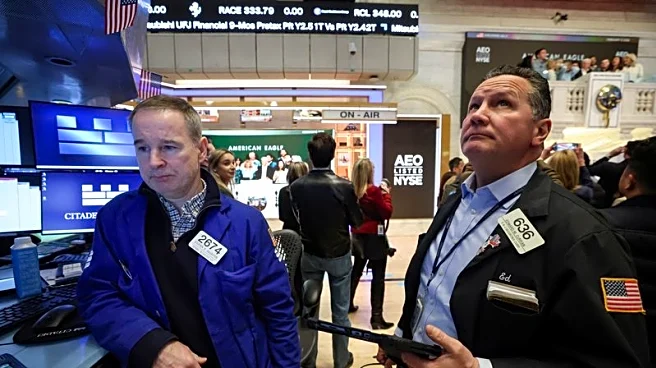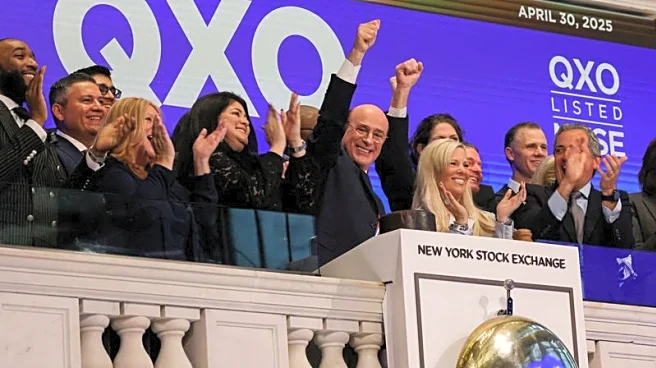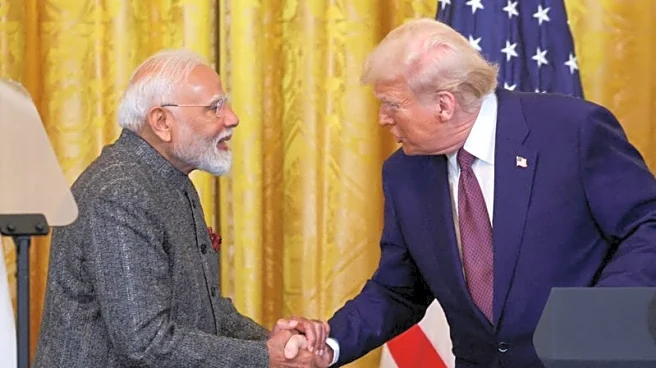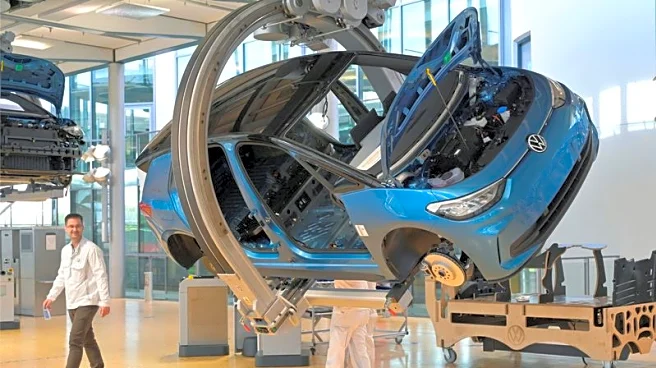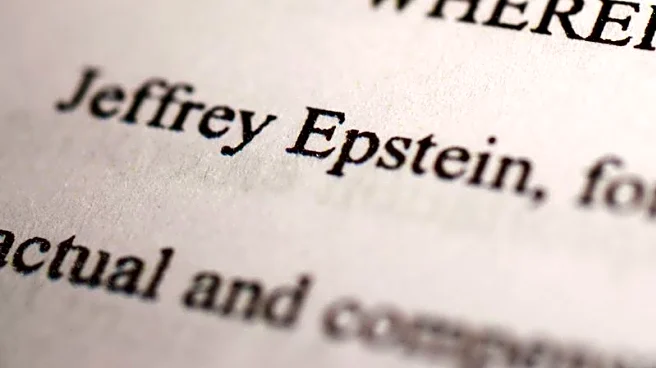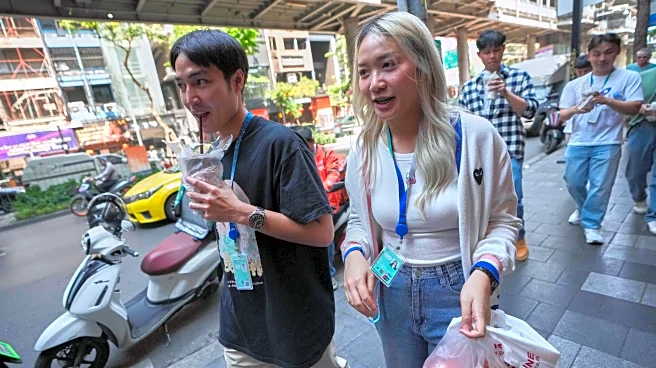What is the story about?
What's Happening?
Bolivia is on the verge of electing its first non-left wing president in nearly twenty years, as centrist candidate Rodrigo Paz Pereira leads the first round of the presidential election. Paz, representing the Christian Democratic Party, has emerged as the frontrunner, with former president Jorge Quiroga trailing behind. The election will proceed to a run-off in October, as neither candidate achieved a decisive victory. Paz's platform includes economic reforms aimed at decentralizing government control and fostering foreign investment, particularly in Bolivia's lithium industry. The election comes at a time of significant economic turmoil, with high inflation and shortages affecting the nation.
Why It's Important?
The potential shift in Bolivia's leadership from left-wing to centrist could have profound implications for the country's economic and foreign policy. Both leading candidates support capitalist approaches, which may attract foreign investment and enhance Bolivia's role in the global lithium market. A change in government could also lead to improved relations with the United States, contrasting the previous administration's alliances with China and Russia. The election reflects a broader regional trend of political change driven by economic dissatisfaction, as voters seek alternatives to long-standing socialist policies.
What's Next?
The upcoming run-off election in October will determine Bolivia's next president, with significant implications for the country's future direction. The finalization of the first-round results is expected within three days. As Bolivia navigates this political transition, stakeholders, including international investors and political analysts, will closely monitor the developments. The election outcome will influence Bolivia's domestic and international policies, potentially reshaping trade, investment, and diplomatic relations.
Beyond the Headlines
The election highlights the deep divisions within Bolivia's political landscape, particularly within the left-wing Movimiento al Socialismo (MAS) party. Incidents of violence and public discontent during the voting process underscore the challenges faced by the incumbent party. The shift in voter sentiment reflects broader dissatisfaction with economic conditions, including inflation and shortages, which have plagued the country. The election results may also influence regional politics, as Bolivia's move towards centrist policies could inspire similar shifts in neighboring countries.





